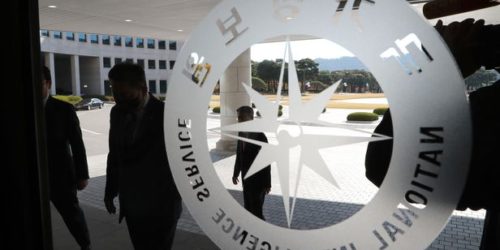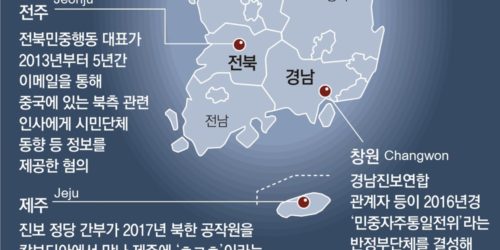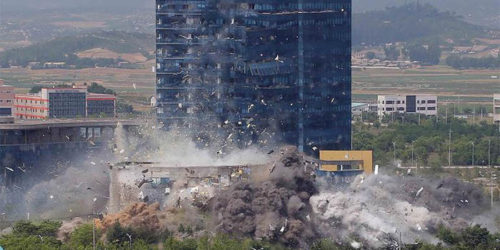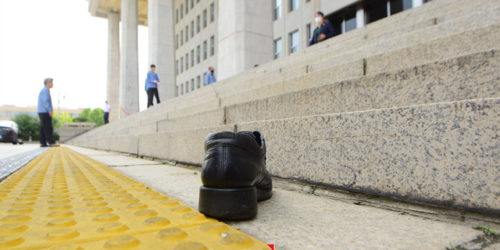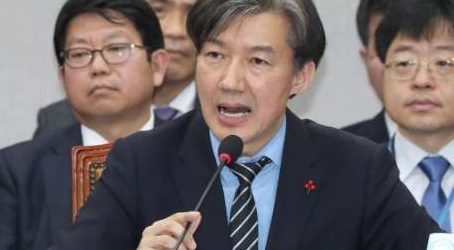Spy Investigations Considerably Slowed Down during Moon Jae-in Government, Investigations Restarted Under Yoon Suk-yeol Administration, but Concerns Remain
2023-1-9, Chosun Ilbo [TRANSLATION]
Article Title: The Moon Government Let Go of Spy Investigations…Only 3 People in 4 Years (文정부, 간첩수사 손 놔… 4년동안 3명 적발 그쳐)
Prior to the recent alleged “Jeju spy ring,” another spy case dates back to August 2021. At that time, the public security authorities detained 3 members of the “Chungbuk Comrades Association for Independent Unification” (자주통일 충북동지회) on the suspicion of espionage (a violation of the National Security Law). They have been accused of receiving [North Korean] directives and sending reports to North Korean agents [to North Korea] totaling 84 documents since 2017 in the form of encrypted files and engaging in recruiting activities of more than 60 politicians, labor activists, and civic organization (NGO) figures in North Chungcheong (Chungbuk) Province. The investigation into the case was led by the National Intelligence Service (NIS) initially, but after the case was transferred to the prosecution stage, the Supreme Prosecutor’s Office rejected the Cheongju District [in North Chungcheong Province] Prosecutor’s request to dispatch a prosecutor, creating a controversy that the Moon Jae-in government (10 May 2017- 9 May 2022) is “curtailing the investigation.” The Moon Jae-in government passed a bill in December 2020 that would eliminate the NIS’s counter-espionage investigative powers, claiming to “reform the NIS.” [See here for more details.]
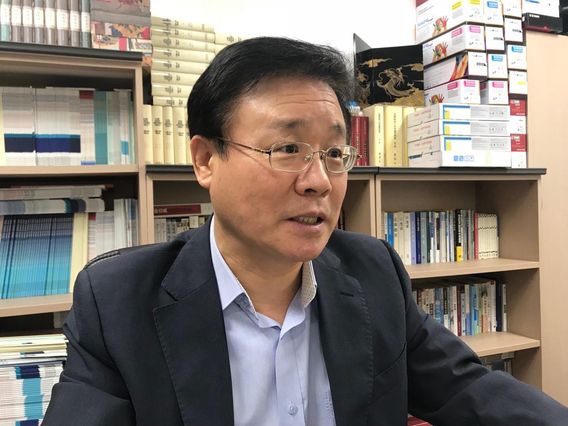
Yoo Dong-ryul (유동열), Korea Institute for Liberal Democracy,
Espionage investigations during the Moon Jae-in administration hardly existed, according to the Korea Institute for Liberal Democracy (Director Yoo Dong-yeol), which analyzed the compiled data from the National Assembly and the NIS. During 2011-2017, the number of espionage cases prosecuted was 26, which is more than 4 cases per year. During 2017-2020, however, the total number of people caught for spying charges was 3, and the investigation began during the Park Geun-hye Administration. According to data submitted to the National Assembly by then-Defense Security Support Command (DSSC) (군사안보지원사령부) (Defense Counterintelligence Command, DCC, since November 1, 2022) in 2021, a total of 48 violators of the National Security Law were arrested in 2011-2016 and sent to the military and prosecutor’s office, but not a single case was sent for prosecution during 2017-2020 under the Moon administration.
[Note: The Defense Security Command (DSC) (국군기무사령부) was dissolved under the Moon Jae-in administration; the Defense Security Support Command (DSSC) (군사안보지원사령부) was stood up with a significant capability reduction. With the current Yoon Suk-yeol administration, DSSC has become Defense Counterintelligence Command (DCC) (국군방첩사령부).]
A counterintelligence agency-related expert said, “often, it takes long-standing know-how and years of money and manpower to reveal espionage with evidence…I’m worried that should the NIS completely transfer its counter espionage investigative powers to the police this year [per the law passed by the Democratic Party of Korea during the Moon administration], the (espionage) investigation capabilities will significantly decrease.”
It is also pointed out that the Moon Jae-in government was lukewarm in espionage investigations, and that the morale of counterintelligence (and counter subversion) investigation teams, such as the NIS and then-DSSC (formerly known as the DSC), dropped significantly. Since the inauguration of the Yoon Suk-yeol administration, counterintelligence authorities have reportedly reopened investigations into alleged violations of the National Security Law.
Source: https://www.chosun.com/politics/diplomacy-defense/2023/01/09/CNE64GRNBZEVLKHY4HEL3ZMOVE/
